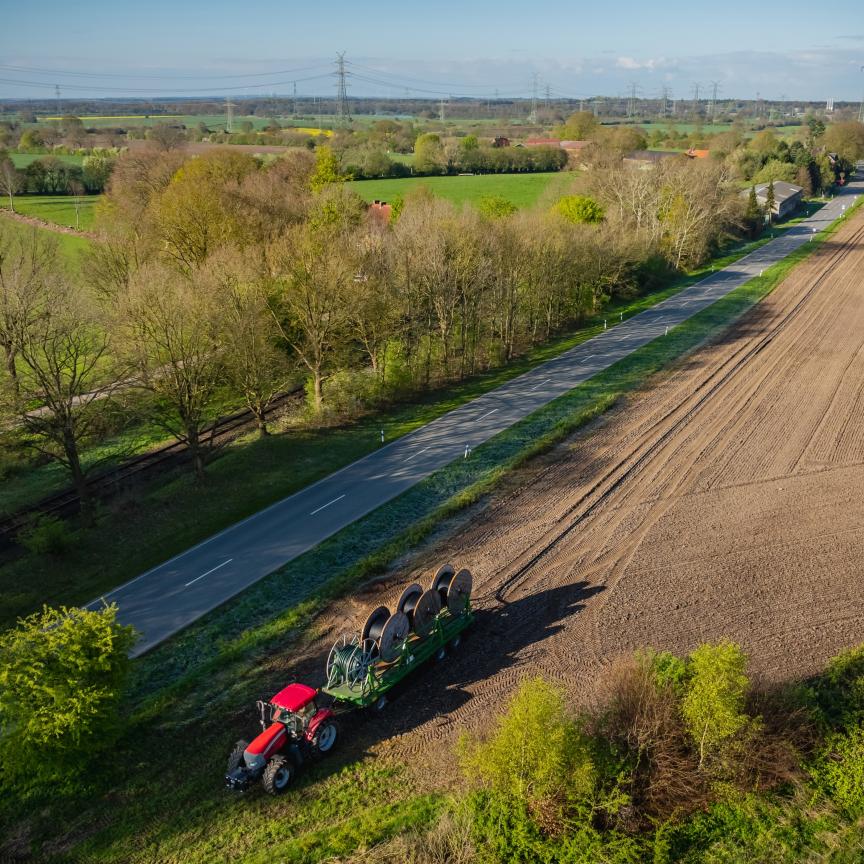The European Parliament and Council have reached a political agreement to update the European Electronic Communications Code. The proposed new version proposed is designed to boost investments in high capacity networks across the EU, including in remote and rural areas.
Amendments to the Code were first proposed by the European Commission in September 2016 (see New EU rules could restrict technology choices for telcos). The aim is to enhance the deployment of 5G networks, ensuring the availability of 5G radio spectrum by end of 2020 in the EU and providing operators with predictability for at least 20 years in terms of spectrum licensing; including on the basis of better coordination of planned radio spectrum assignments.
The new Code will facilitate the roll-out of new, very high capacity fixed networks by making rules for co-investment more predictable and promoting risk sharing in the deployment of very high capacity networks; whilst ensuring closer cooperation between the Commission and the Body of European Regulators for Electronic Communications (BEREC) in supervising measures related to the new key access provisions of co-investment and symmetric regulation.
Vice-president in charge of the digital single market, Andrus Ansip stated: ‘This agreement is essential to meet Europeans' growing connectivity needs and boost Europe's competitiveness. We are laying the groundwork for the deployment of 5G across Europe.’
Commissioner for digital economy and society, Mariya Gabriel, added: ‘The new telecoms rules are an essential building block for Europe's digital future. After several months of tough negotiations, we have agreed on bold and balanced rules to provide faster access to radio spectrum, better services and more protection for consumers, as well as greater investment in very high-speed networks.’
Once fully adopted by the European Parliament and the Council, member states will have two years to transpose the Electronic Communications Code into national law.
In response
The FTTH Council Europe has responded to the announcement by welcoming the new Code. President, Ronan Kelly, said: ‘Today, the co-legislators paved the way towards a long-term competitive market structure by creating a favourable environment for all investors -both traditional and new- to play an active role in building our digital highways.
‘There is clearly a momentum for fibre investment.’ said Erzsébet Fitori, director general of the FTTH Council Europe. ‘We see a lot of the emerging wholesale-only vehicles backed by new types of investors and now there is also more room for step change investments made in a safeguarded competitive structure to be governed by a commercially driven scheme. There is opportunity in the new Code for full fibre investors and a win-win for end-users, who will benefit from fibre-based connectivity and long-term competition.’
Matthias Kurth, executive chairman of trade body Cable Europe has also issued a statement: ‘We welcome the fact that the new Code sticks to proven principles and objectives, and will be aligned with strict competition law principles. The decision makers have resisted any suggestion of creating sector-specific rules or redefining the market power concept – which would have come at enormous risk.
‘We were concerned about the debate on some of the provisions, in particular on the so-called symmetric access rules. It now appears that this provision will only be applied under strict conditions and in exceptional circumstances. That is essential, because a consistent and harmonised application of the law is key to the creation of the Digital Single Market. Access to networks should not be granted lightly and incentives to invest should remain front and centre of the policy framework.
We’re pleased to see that implementation of the Code will come with strong supervision from the European Commission and BEREC.
‘Whether the revised framework will bring the benefits that were intended with its design depends very much on the implementation by the member states and national regulators. The focus now is on Europe’s gigabit future, and with our high-speed network infrastructure and great services it’s a brighter future than ever. Cable’s fibre-rich networks are all set to deliver on the demands of a connected society and will bring a digitally empowered future to citizens and businesses alike. We’re ready for the next chapter.’
Phillip Malloch, executive board chair at the European Telecommunications Network Operators' Association (ETNO), however, feels that the amends will not drive investment in 5G and fibre networks, instead adding complexity to an already ‘burdensome system.’ He said: ‘The new Code was a once in a decade opportunity to take the policy decisions required for Europe to become a catalyst to investment. This is fundamental to keep pace in the shifting global economy. It was an opportunity that has been missed. It’s a huge shame that the major investors in infrastructure will face additional and unnecessary headwind in building a true gigabit society.’

